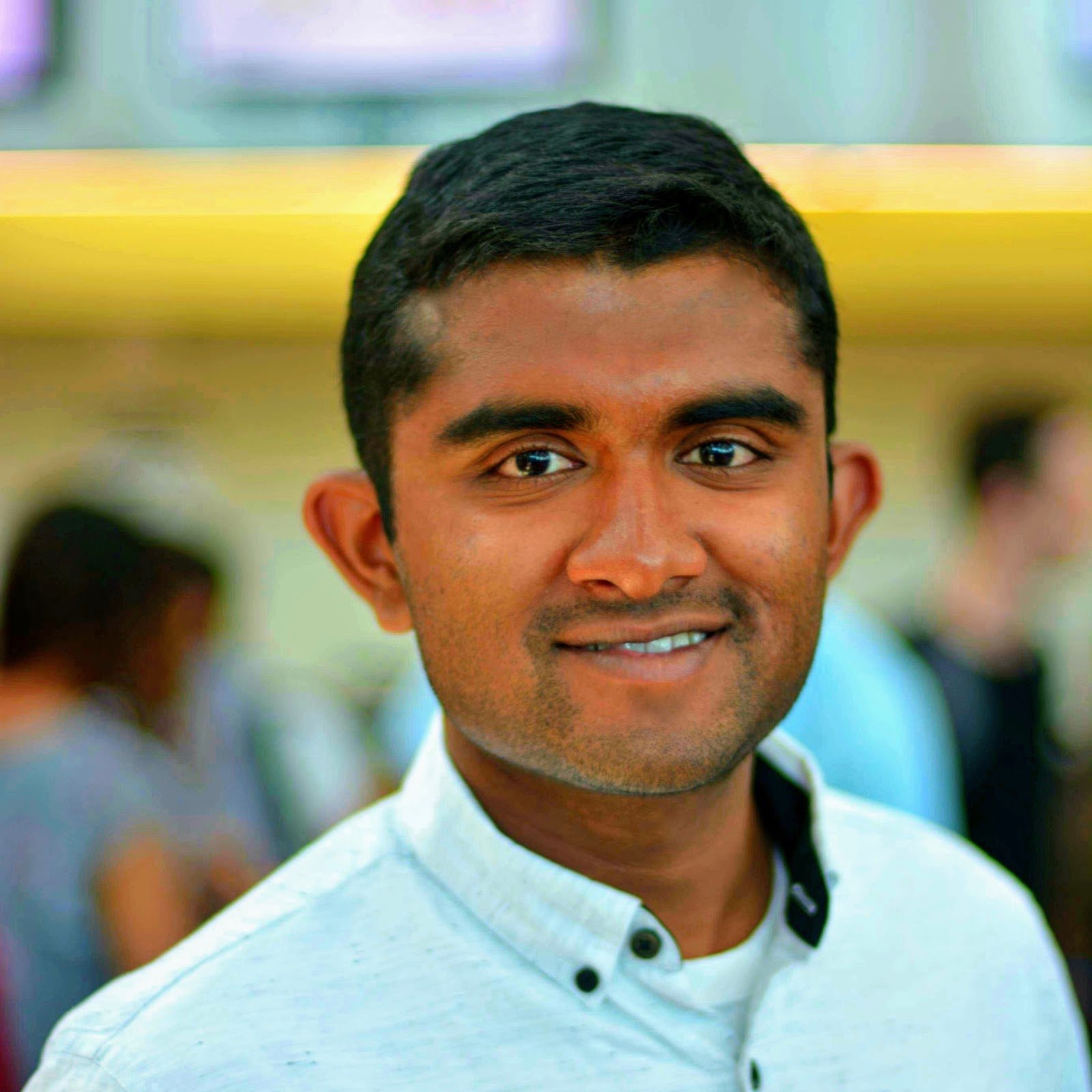The O2C Marketplace, a startup that hopes to mitigate global carbon levels via AI satellite technology and farmer collaboration, was named the regional winner for North America in the 2020 Ericsson Innovation Awards. The Marketplace is founded and led by Aadith Moorthy M.S. ’20 Ph.D. ’23.
The Marketplace will oversee a new form of carbon offsetting, a practice of reducing emissions of carbon dioxide in one place in order to balance out emissions made elsewhere. The project will use current satellites systems and AI to connect corporations that want to reduce their carbon footprint with farmers worldwide who practice carbon sequestration — capturing atmospheric carbon and storing it back in the earth.
Companies that offer a similar service — like planting trees to decrease carbon levels in the atmosphere — exist. However, Moorthy contends that there is a physical limit on how many trees can be planted, and he estimates that they will only be able to absorb around two gigatons of carbon a year, far below annual human output.
Moorthy believes farmers are a more effective solution: constant global food demand means farmers will always be working the soil, allowing for continuous atmospheric carbon sequestration. Farmers can sequester carbon “more cheaply than planting a whole new forest,” bringing the cost down to as little as $10 per ton of carbon dioxide extracted, according to Moorthy.
Moorthy’s project achieved semi-finalist status after being selected from thousands of collegiate applications, making it one of 14 student teams to qualify for the Ericsson Innovation Award finals. Entries came from across the globe, from Germany to Sri Lanka. Three global winners will be announced at the end of the month.
“[Moorthy’s] solution addressed an observed and quantified need… and has the capability to become a go-to-market product, and, most importantly, contributes to solving a global problem,” the Ericsson Committee wrote in a statement to The Daily.

The O2C Marketplace — named as an inverse to CO2 — is “the world’s first truly international soil carbon offset marketplace,” Moorthy told The Daily.
Forty to 50 gigatons of carbon are emitted into the atmosphere every year, according to estimates by Our World In Data, a significant portion of which comes from large-scale companies, Moorthy said. At the same time, farmers, a group disproportionately affected by COVID-19, can take carbon from the air and store it in the soil through different agricultural techniques.
In the Marketplace, every ton of carbon dioxide that farmers eliminate from the air will become a “carbon credit.” Through the verification system, companies that want to reduce their carbon footprint can purchase these carbon credits, effectively canceling their emitted carbon with the carbon stored in farmers’ soil through techniques like no-till farming.
“Big companies can buy these kinds of offsets and incentivize farmers worldwide… and really move faster on affecting climate change,” Moorthy said.
In an increasingly environmentally conscious world, corporations that have announced climate pledges to reduce their carbon emissions can do so by purchasing carbon credits.
“They like to be certified carbon neutral. That’s the new fad,” Moorthy said.
A close mentor of Moorthy, Graduate School of Business professor Wesley Hartmann praised The O2C Marketplace for its planned use of AI satellite technology. Through satellite imagery and artificial intelligence, The Marketplace will be able to gather data on global soil contents without having to physically sample the soil in person, which can be used to help introduce novel solutions directly into “the hands of people who can take action,” Hartmann said.
“[The O2C Marketplace] is a win-win situation on both sides,” Hartmann said. “It’s able to solve a problem for the farmers to be able to fund things that are good for this soil.”

Hartmann, who has a Ph.D. in industrial organization, praised Moorthy for his novel ideas about 21st century methods of climate conservation.
“Aadith [Moorthy] is the kind of student who’s further pushed me into this exciting area of conservation,” Hartmann said. “I think both marketing and economics, as well as technology, have a lot to do in these areas.”
Four years prior to The O2C Marketplace, Moorthy began building up ConserWater, a company that utilizes satellites and AI to predict soil moisture on farmland, which aimed to help farmers save 30% or more on water, electricity and fertilizer through its technology, according to its website.
ConserWater struggled to take off on a broad scale. In a pivot, Moorthy developed The O2C Marketplace in September of this year, building off of lessons learned in technology, fundamentals and business framework from ConserWater.
From here, Moorthy will collaborate with his Ericsson mentor team during November to further develop The O2C Marketplace’s soil carbon elimination process. Moorthy’s head mentor is Revathy Ramadoss, an Ericsson Program Manager.
“We will support Aadith to evolve his idea into a business case by incorporating our expertise and Ericsson’s Sustainability vision and commitment to UN sustainability goals,” Ramadoss wrote in a statement to The Daily.
Moorthy also plans on recruiting more people to work on introducing The O2C Marketplace to additional farmers and interested corporations.
“It’s not going to go viral overnight… but there is great promise right now because [people] have a lot of interest in actually doing something about our problems as opposed to just ignoring them,” he said.
Contact Tom Quach at tomquach ‘at’ stanford.edu and Lour Drick Valsote at lvalsote ‘at’ stanford.edu.
